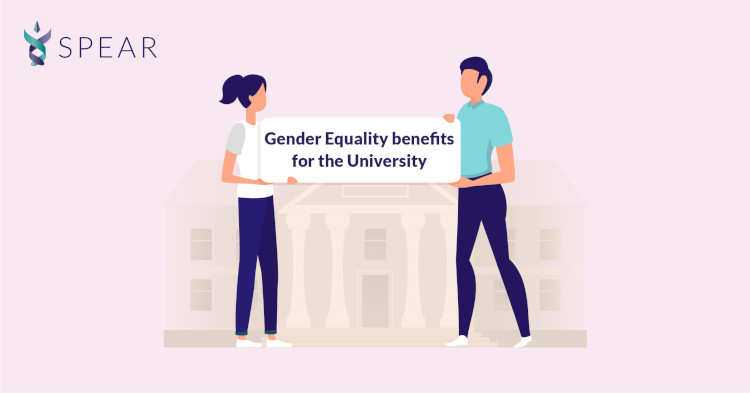As I am new in this area, I find the following questions essential:
- What are the similarities and differences of career development between women and men in decision-making positions within the higher education system?
- What kind of practices or strategies (institutional and personal, formal and informal) are applied as a foundation for one’s career among women and men in decision-making positions within the higher education system?
- Are there any specific family life circumstances encountered by female scientists that are more suitable for the development of their careers, i.e. that support their career progress?
- What kind of attitudes dominate the alliances that women in leadership positions create with their colleagues, subordinates and superiors in order to improve working conditions in the scientific community? And which attitudes dominate the alliances between men in leadership positions?
- Are there any institutional policies that support women in leadership positions to contribute to the improvement of women’s positions in higher education? And what fosters men in leadership positions to engage in such activities?
- What are the time management differences between men and women? What are the reasons behind these differences?
I believe that our aim is to mark out work and family life reconciliation practices for men and women, and, furthermore, support their career paths. I also hope that with the help of our Gender Studies Centre we can provide the data that is necessary for the Government’s work with regard to the reconciliation of private and professional life of the academic staff in Lithuania. Our activity in the SPEAR project will serve as the basis for the formulation of recommendations for the Ministry of Education, Science and Sports of the Republic of Lithuania in order to improve multi-sectoral cooperation and capacity building of the institutions active in the field of education and social policies.
We also expect to contribute to the promotion of gender equality principles with regard to all aspects of scientific and educational work and consequently to the advancement of the position of women in science and education, in particular, women engaged in physics, mathematics and political science as these are the fields where they are least represented.
Last but not least, as a husband and father of two, I fully understand the challenge for women to stay active in their professional lives and it is very important to support each other for our children’s best future, regardless of one’s gender.


